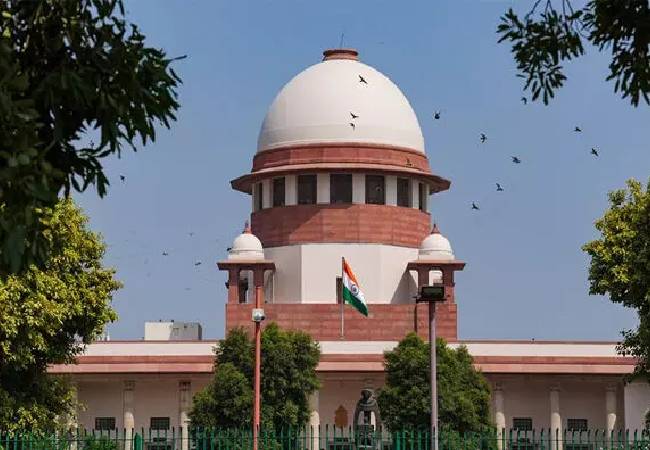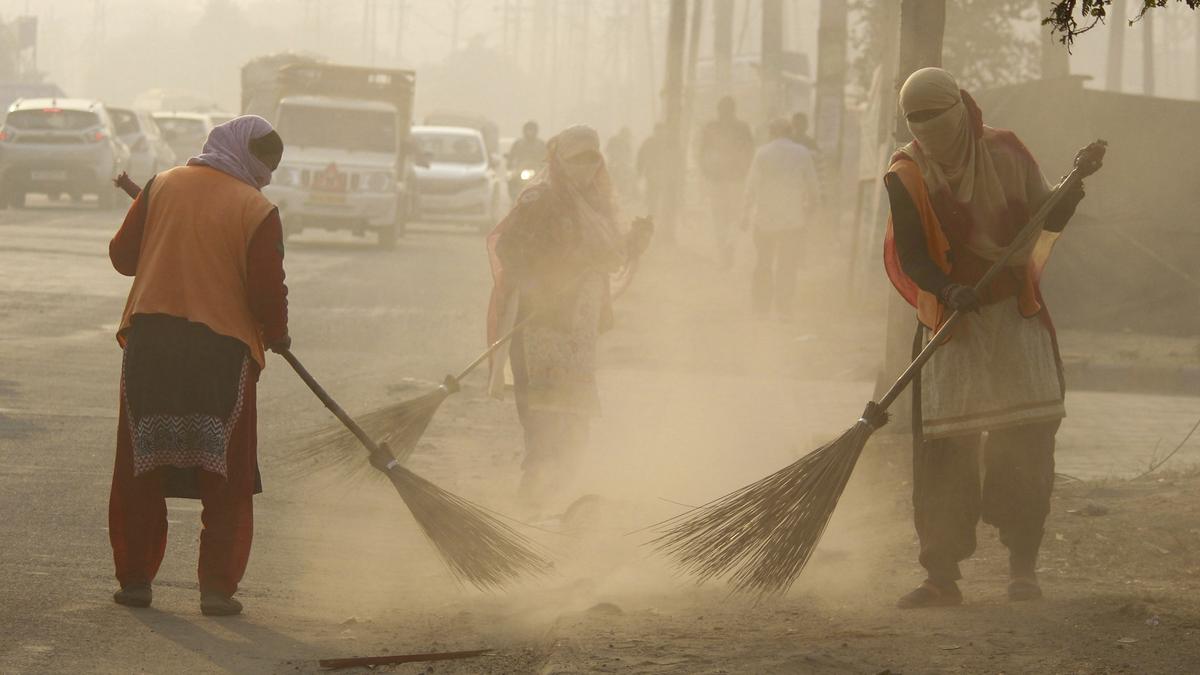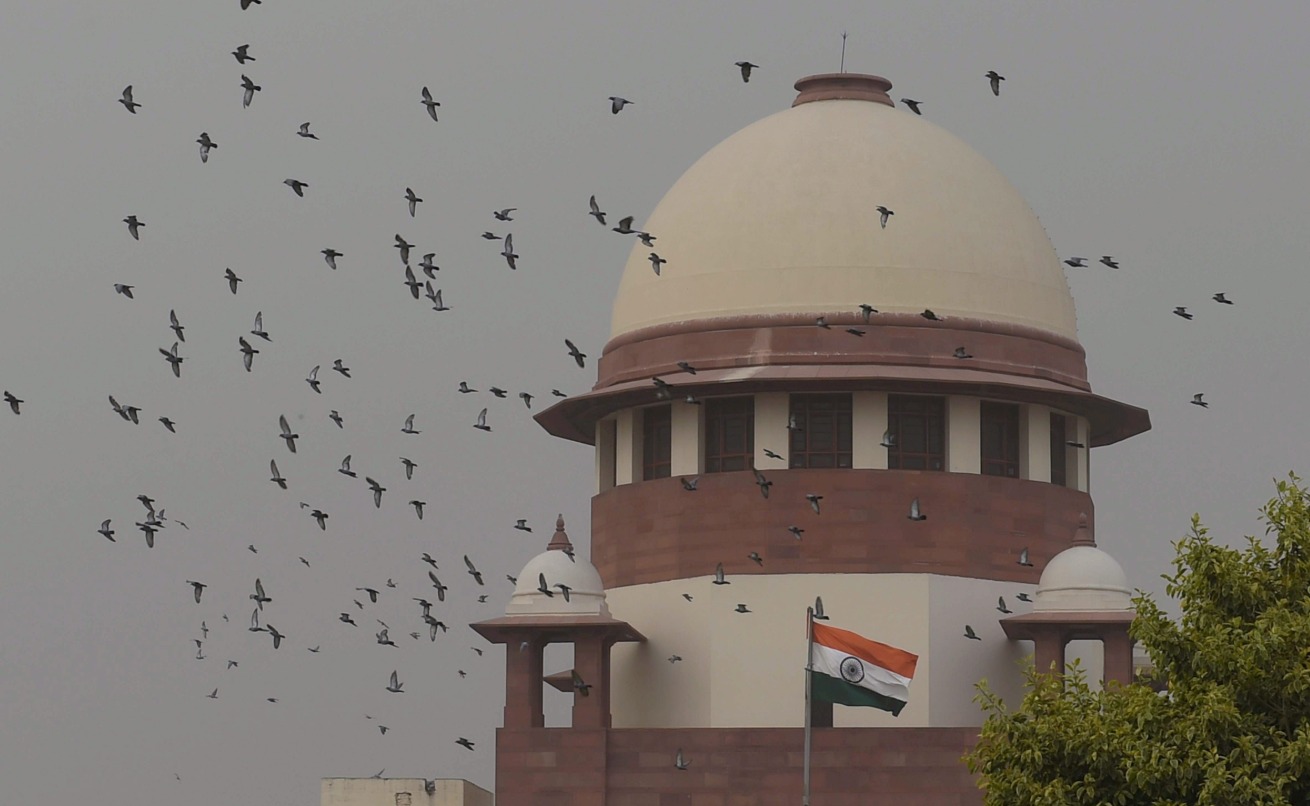New Delhi: The Association for Democratic Reforms (ADR) has filed a public interest litigation (PIL) in the Supreme Court challenging the Election Commission of India’s (ECI) recent directive mandating large sections of voters in Bihar to furnish proof of citizenship in order to remain on the electoral rolls.
Filed under Article 32 of the Constitution, the petition seeks to quash the ECI’s June 24 order initiating a Special Intensive Revision (SIR) of electoral rolls ahead of the upcoming Assembly elections in Bihar.
The plea argues that the directive violates constitutional provisions including Articles 14, 19, 21, 325 and 326, and contravenes the Representation of the People Act, 1950, as well as Rule 21A of the Registration of Electors Rules, 1960.
ADR has raised strong objections to the exclusion of commonly held documents such as Aadhaar and ration cards for citizenship verification. It contends that such exclusions would disproportionately impact poor and marginalised communities, especially in rural Bihar.
"The documentation requirements of the directive, lack of due process, and the unreasonably short timeline are bound to result in the removal of names of lakhs of genuine voters, leading to their disenfranchisement," the petition states.
As per the SIR guidelines, those not included in the 2003 electoral rolls are required to provide citizenship documents. For voters born after December 2004, the directive mandates documents of both the individual and their parents. In cases where a parent is a foreign national, their passport and visa at the time of the applicant’s birth must also be submitted.
The petition points out that birth registration levels in Bihar remain low and many residents lack access to official documents. ADR estimates that over three crore voters could be affected.
It further argues that Section 21(3) of the Representation of the People Act, 1950, allows for a special revision only if the reasons are recorded, which the ECI has allegedly failed to do. The petition highlights that a Special Summary Revision was already held in the State between October 2024 and January 2025, and there were no major irregularities reported.
The plea also flags the short deadline, voters must submit required forms and documents by July 25 or risk exclusion from the draft rolls. The final electoral list is set to be published by September 30.
Along with ADR, individual voters from Bihar have also joined the petition, claiming direct impact from the new rules.
The petition, filed through advocate Prashant Bhushan, seeks an immediate stay on the June 24 directive to prevent large-scale voter disenfranchisement.
Let the Truth be known. If you read VB and like VB, please be a VB Supporter and Help us deliver the Truth to one and all.
New Delhi: BJP MP Nishikant Dubey on Wednesday shared on social media an alleged income tax return (ITR) document, suggesting a sharp rise in the earnings of a journalist after leaving a salaried job. He left the identity of the journalist unnamed, asking followers to guess.
The Newslaundry citing the post reported that the purported document, which did not mention any name, showed taxable income rising from ₹18.9 lakh in 2019 to ₹1.2 crore in 2021-22, before falling to ₹62.7 lakh in 2022-23.
“Figure it out if you can: whose great journalist’s income tax return is this? Rs 18 lakh in salary, and the moment they quit the job, meaning as soon as they start roaming the streets, abusing Modi ji/BJP, it's in crores. This is the real truth,” Dubey wrote in his post.
Journalist Abhisar Sharma reacted sharply, accusing the MP of breaching confidentiality. Retweeting Dubey’s post, Sharma tagged Union Finance Minister Nirmala Sitharaman and the Income Tax Department. “Confidential documents and details of taxpayers… are being tweeted in the public forum by none other than a Member of Parliament,” he wrote, adding that he would file an FIR. “He doesn’t have the guts to name the journalist. But this is what you do. Sheer cowardice,” Sharma said.
Journalist Ravish Kumar also expressed concern, questioning the implications of the disclosure. “Is the BJP now going to extract everyone's ITR and target them? Will someone's hard-earned income be criminalized in this manner?” he asked.
Legal experts point out that disclosure of an individual’s ITR without consent is punishable under Section 72 (breach of confidentiality and privacy) and Section 138 (disclosure of information respecting assessees) of the Information Technology Act, 2000.



